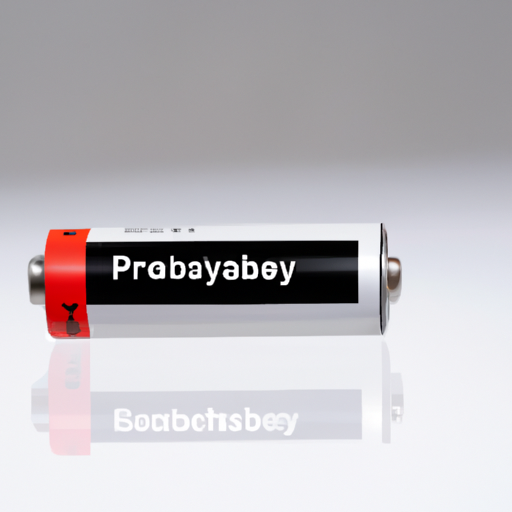Rechargeable batteries, or secondary batteries, are essential in powering a wide range of modern technologies, from consumer electronics to electric vehicles and renewable energy systems. Below is a detailed overview of core functional technologies, significant articles, and application development cases that underscore the effectiveness of rechargeable batteries.
Core Functional Technologies
| 1. Lithium-Ion (Li-ion) Batteries | |
| 2. Nickel-Metal Hydride (NiMH) Batteries | |
| 3. Lead-Acid Batteries | |
| 4. Solid-State Batteries | |
| 5. Flow Batteries | |
| 1. "Advancements in Lithium-Ion Battery Technology" | |
| 2. "The Future of Solid-State Batteries" | |
| 3. "Comparative Analysis of Rechargeable Battery Technologies" | |
| 4. "The Role of Rechargeable Batteries in Renewable Energy Systems" | |
| 1. Electric Vehicles (EVs) | |
| 2. Grid Energy Storage | |
| 3. Consumer Electronics | |
| 4. Renewable Energy Integration | |
| 5. Medical Devices |
Articles and Research Highlights
Application Development Cases
Conclusion
Rechargeable batteries are pivotal in driving technological advancements across various sectors. Ongoing research and development efforts are leading to more efficient, safer, and environmentally friendly battery solutions. Their diverse applications make them a cornerstone of modern technology and sustainable energy systems. As technology continues to evolve, the effectiveness and capabilities of rechargeable batteries will only improve, paving the way for new innovations and applications.













